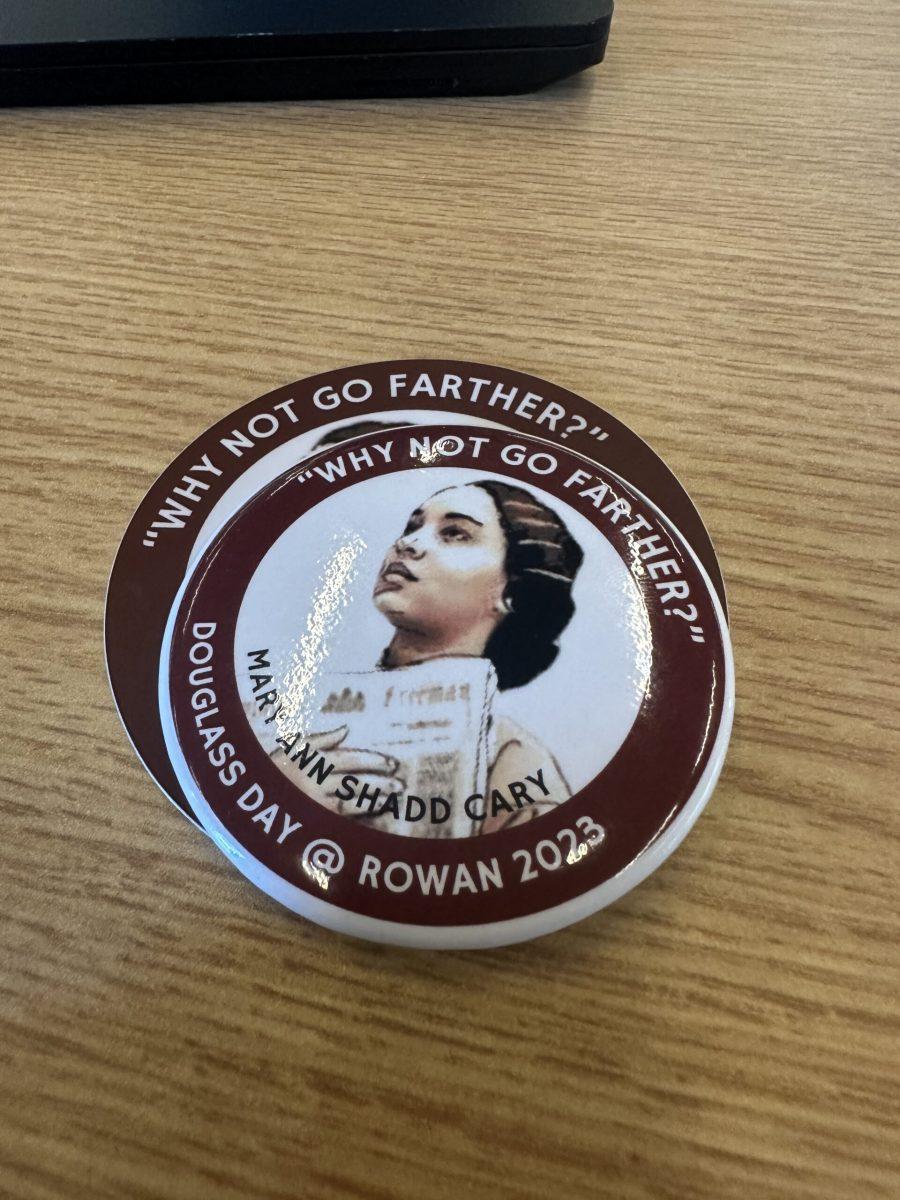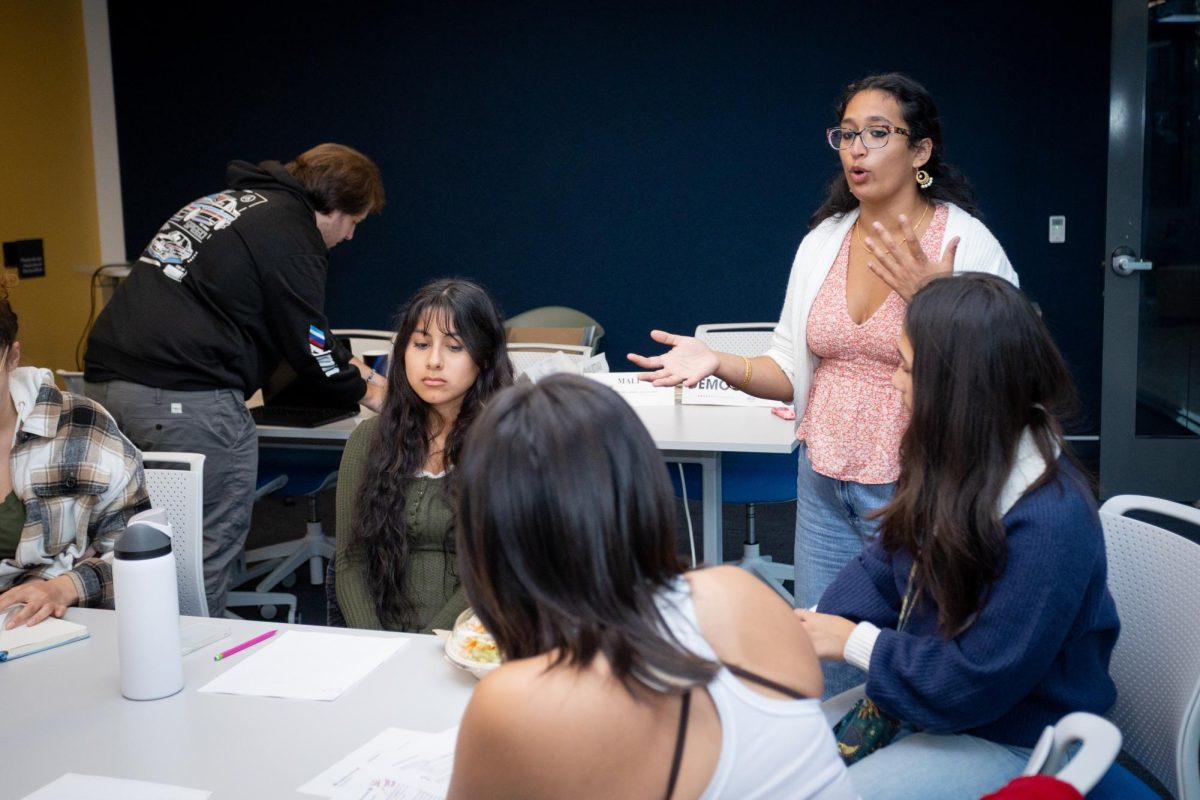For the first time ever, Rowan University hosted the Frederick Douglass Day Transcribe-a-thon to promote the importance of the recovery and preservation of Black history using original documents and letters.
The event on Tuesday, Feb. 14, had students log on to a primary source database and transcribe any names they saw in the document they were shown. Some of the documents were recovered from a farmhouse attic in Ontario, Canada, widely believed to be the haven for abolitionist Mary Ann Shadd Cary after she fled the U.S. in the 1850s. Her consistent letters and writings to significant Black members of American society, including Frederick Douglass, helped solidify the vast database with significant primary sources.
While students worked, a live stream was played that broadcasted to over 120 universities involved. They also featured traditional soul food in celebration of Black History Month.
“One of the main things we are focusing on today is really the idea of kind of public access to primary sources about Black history,” said Jessica Mack, Douglass Day organizer and Rowan Digital History professor. “How can we use digital technology to make histories of underrepresented groups more accessible?”
Mack explained how Penn State’s Center for Digital Black research goes about digitizing and putting them up on the website for students to transcribe. She mentioned that over 7,000 students were involved, and by the end of the day, over 13,000 documents had been transcribed.
By transcribing the names of the people in the documents, families can get a better understanding of their history, and those who were silenced can finally get their stories out to the public.
“My hope is that we can use digital humanities and digital history to try to expand that inclusion,” Mack said. “Whose stories are told? Whose stories are included?”
As technology pushes into realms unknown, Mack focuses on the importance of making strides in Black history, and putting maximum effort into preserving the history that was nearly lost forever.
“We have a problem in history where there can be silences in the archive and there are people whose stories haven’t been told and haven’t been represented,” Mack said. “So that’s a lot of what this event is about, is trying to kind of mitigate that a little bit, push back against that.”
Shadd Cary’s letters are written in both print and manuscript, adding a layer of difficulty with which challenged students. In addition to being a civil rights activist, she was a lawyer and journalist, which speaks to her incredible writing. Her edition of the Douglass Day Transcribe-a-thon was in celebration of her 200th birthday.
Despite 2022-2023 being her first year at Rowan, Mack is inspired to continue the movement in the future.
“My colleague, Professor Willan, teaches digital humanities in the English department. What we’re trying to do together in collaboration is actually build a center for digital humanities at Rowan,” Mack said.
She explained that the center would provide ample opportunities for students looking to get more involved with research and digital history, and offer local summer jobs in the future.
Mack mentioned that her team of digital humanities professors at Rowan are hoping to make the transcribe-a-thon an annual staple at Rowan and that students should look out for flyers next February.
For comments/questions about this story tweet @TheWhitOnline or email [email protected]


































































































































































































